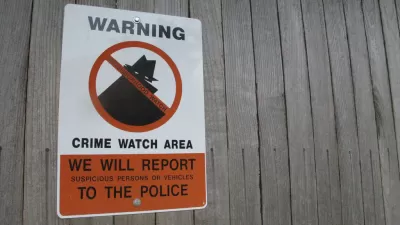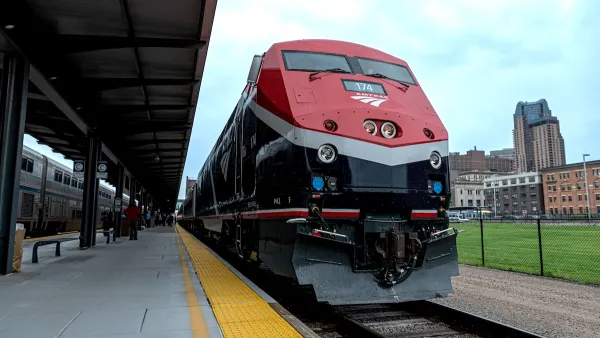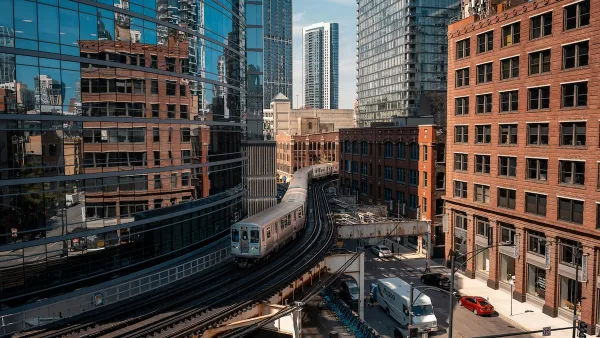New research has found a link between drug dealing and certain urban environments, which researchers believe can lead to better policing strategies.

We've all heard of the broken window theory, but what about the links between foreclosed homes or problem landlords and drug dealing? Researchers believe they have found significant links between a host of potential problem areas in the urban environment and the likelihood of drug dealing. The researchers' findings, summarized on a blog post from LSE-US Centre (London School of Economics), derive from research which looked at the "ecological advantages" in the urban environment for drug dealing in Chicago. As the study notes, past research has found that "nearly half of all drug transactions occur on less than 5 percent of street segments." What is it about these locations that make the so attractive to drug dealers? Per the research findings:
We assessed the relationship between 28 environmental features that were likely to bolster accessibility or security in open-air drug markets for four drug types: cannabis, heroin, crack, and cocaine. The main results of our four risk terrain models are presented in Table 1. Overall, we identified 11 environmental features related to cannabis dealing, 12 for heroin dealing, 11 for crack dealing, and 3 for cocaine dealing. The riskiest feature for markets of all drug types in Chicago was foreclosures; the relative risk values indicate that the risk of drug dealing near foreclosures alone was higher by a factor of between 5 and 16.5 compared to other features in each model.
...
Across all drug market types, our models highlighted several environmental features that are likely to enhance security and accessibility for open-air drug transactions. Security for drug transactions was enhanced in locations with broken street lighting, affordable housing, foreclosures, and problem landlords were at higher risk for cannabis, heroin, and crack dealing. In terms of accessibility, locations with gas stations, retail food establishments, bus stops, grocery stores, liquor stores, and schools were at higher risk for cannabis, heroin, and crack dealing.
The researchers conclude that based on their analysis, policing strategies can be changed to target these high-risk locations and pro-active measures can be taken through urban/environmental design to address problem areas that might encourage drug dealing.
FULL STORY: How the physical landscape of the urban environment affects drug dealing

Planetizen Federal Action Tracker
A weekly monitor of how Trump’s orders and actions are impacting planners and planning in America.

San Francisco's School District Spent $105M To Build Affordable Housing for Teachers — And That's Just the Beginning
SFUSD joins a growing list of school districts using their land holdings to address housing affordability challenges faced by their own employees.

Vehicle-related Deaths Drop 29% in Richmond, VA
The seventh year of the city's Vision Zero strategy also cut the number of people killed in alcohol-related crashes by half.

Downtown Portland Ready for Maine's Tallest Building
The city of Portland anticipates a major new urban development addition called the “Old Port Square” project.

The EV “Charging Divide” Plaguing Rural America
With “the deck stacked” against rural areas, will the great electric American road trip ever be a reality?

Judge Halts Brooklyn Bike Lane Removal
Lawyers must prove the city was not acting “arbitrarily, capriciously, and illegally” in ordering the hasty removal.
Urban Design for Planners 1: Software Tools
This six-course series explores essential urban design concepts using open source software and equips planners with the tools they need to participate fully in the urban design process.
Planning for Universal Design
Learn the tools for implementing Universal Design in planning regulations.
Borough of Carlisle
Smith Gee Studio
City of Camden Redevelopment Agency
City of Astoria
Transportation Research & Education Center (TREC) at Portland State University
City of Camden Redevelopment Agency
Municipality of Princeton (NJ)





























